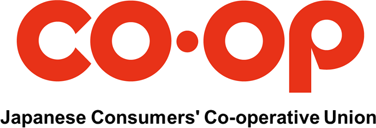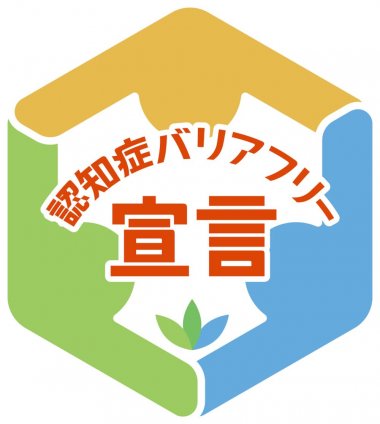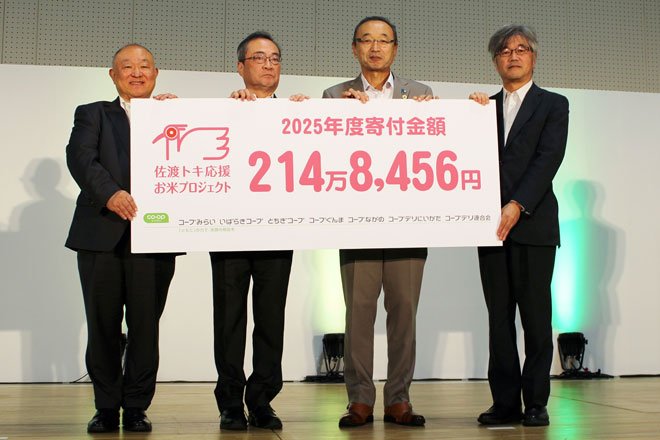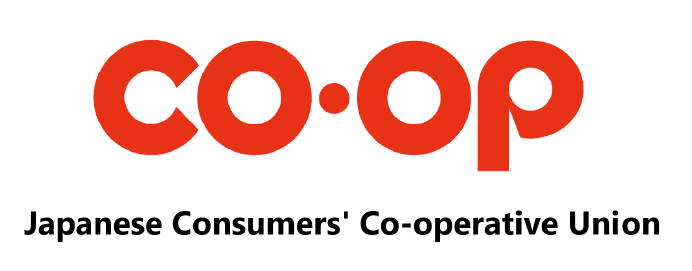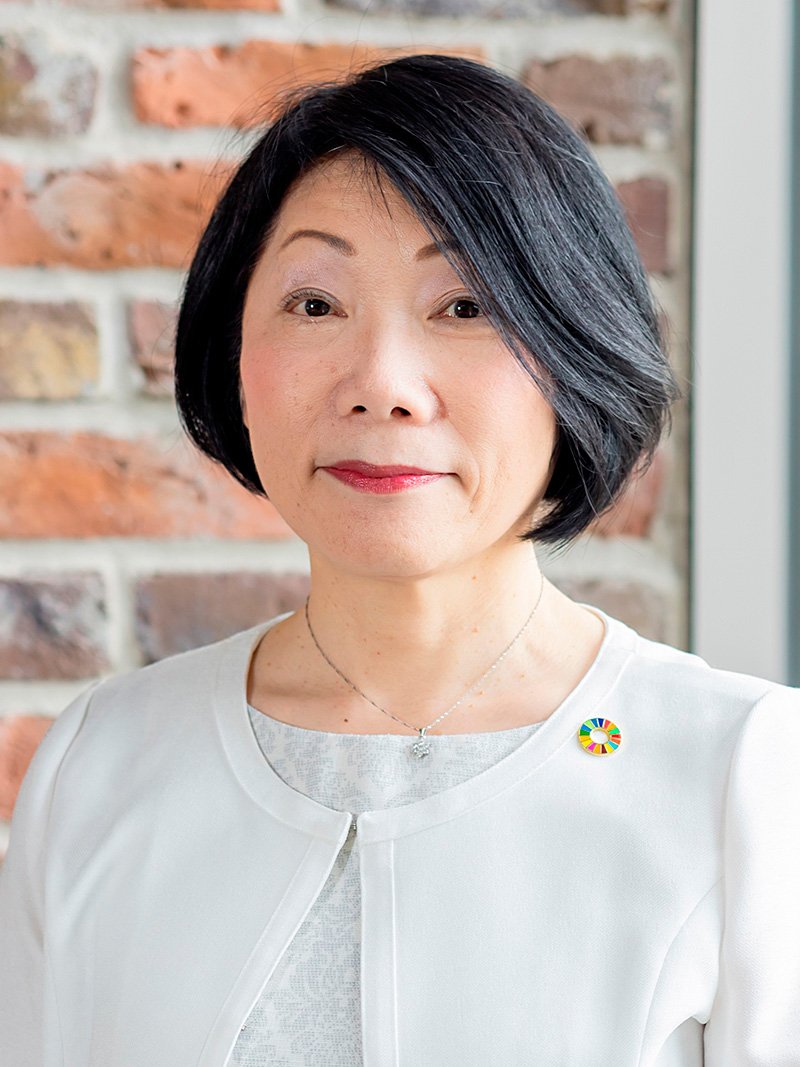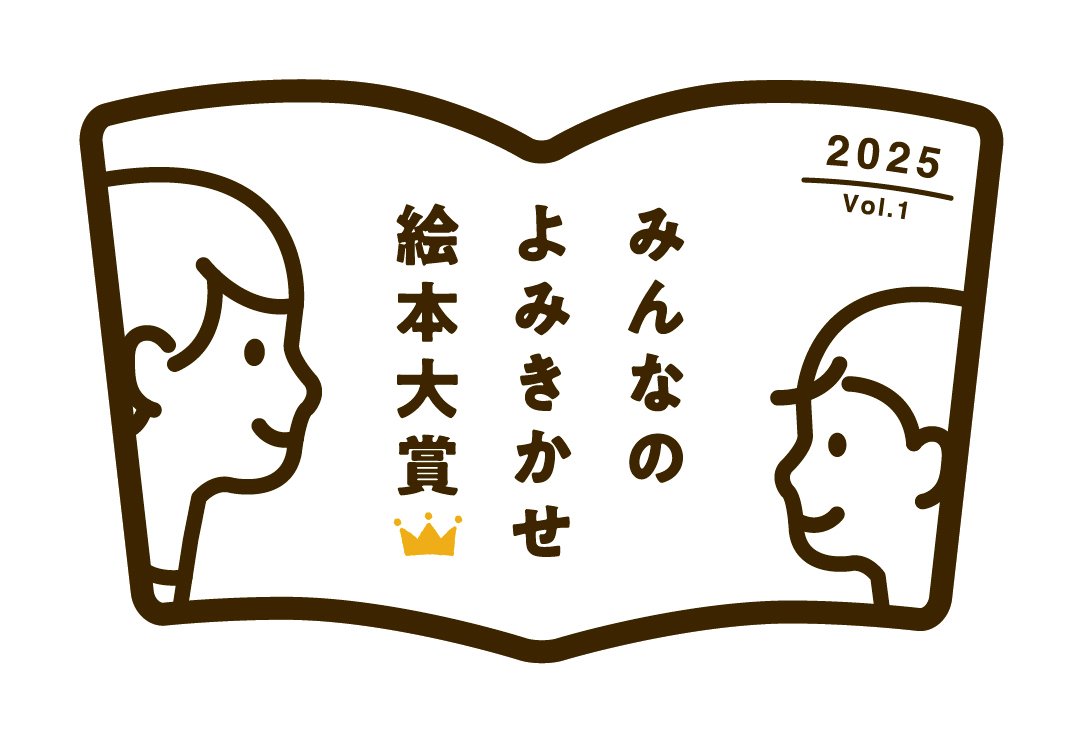JCCU Declares Support for the Dementia Barrier-Free Declaration
2025.08.06
JCCU has declared its support for the Dementia Barrier-Free Declaration, an initiative promoted by the Japan Public-Private Council on Dementia with the aim of creating a dementia barrier-free society. We endorse the spirit of the declaration: "Through this declaration, we commit to contributing to the realization of a society where people with dementia and their families can live with peace of mind."
Dementia is a brain disease that can affect anyone, and its prevalence increases with age. It is estimated that by 2025, about one in five elderly individuals will have dementia. Building a system to support the increasing number of people with dementia is a national priority. This declaration represents one aspect of our broader efforts to create communities where everyone can live in safety and dignity.
Summary of the Declaration
JCCU will continue its efforts toward the realization of a dementia barrier-free society where individuals with dementia and their families can live their lives with dignity and peace of mind.
The declaration outlines four criteria, all of which are already being addressed through initiatives by member co-ops and JCCU.
Four Criteria of the Dementia Barrier-Free Declaration
1. Human Resource Development: Enhance understanding of dementia through employee training and awareness-raising activities.
To support the increasing number of elderly individuals living alone and people with dementia, and to ensure they can safely use co-op services, we are promoting the training of dementia supporters among co-op members and employees. These supporters are encouraged to watch over and assist people with dementia and their families within their local networks.
2. Regional Collaboration:
Collaborate with local governments and specialized institutions to advance efforts toward a dementia barrier-free society.
As of February 28, 2025, 96 community-based member co-ops (including five institutional co-ops) have concluded regional monitoring agreements with 33 prefectures, 1,300 municipalities, and 63 social welfare councils, covering 74.7% of all municipalities (1,741 in total).
In addition, 38 member co-ops and 4 prefectural unions have concluded a total of 221 comprehensive partnership agreements with local governments across Japan.
3. Internal Systems:
Develop workplace environments that help prevent employees from leaving their jobs due to caregiving responsibilities and support employees with dementia to continue working.
We offer a range of support systems for employees who require caregiving assistance, such as caregiving leave, short-term caregiving leave, and reduced working hours. Dedicated inquiry desks are also available to respond to employee questions regarding the use of these caregiving support systems.
4. Environmental Improvements: Aiming to Provide Dementia-Friendly Facilities and Services
We are promoting initiatives that contribute to creating communities where elderly individuals can actively participate in society and everyone can continue to live with peace of mind and in a manner true to themselves.
Examples include:
- Paid volunteer services that provide household assistance
- Introduction of slow checkout counters at stores, allowing co-op members to check out and pack at their own pace
- Volunteer activities to accompany people on shopping trips
In addition, we are expanding welfare and caregiving services that respond to the need for "living with peace of mind," as part of efforts to build a comprehensive community-based care system.
Through this declaration, JCCU reaffirms its commitment to building a society where people with dementia and their families can live safely and with dignity.
Related JCCU Website (in Japanese):
Related JCCU News (in English):
Related External Website:
Japan Public-Private Council on Dementia Homepage(in Japanese)
Dementia Barrier-Free Declaration portal(in Japanese)
